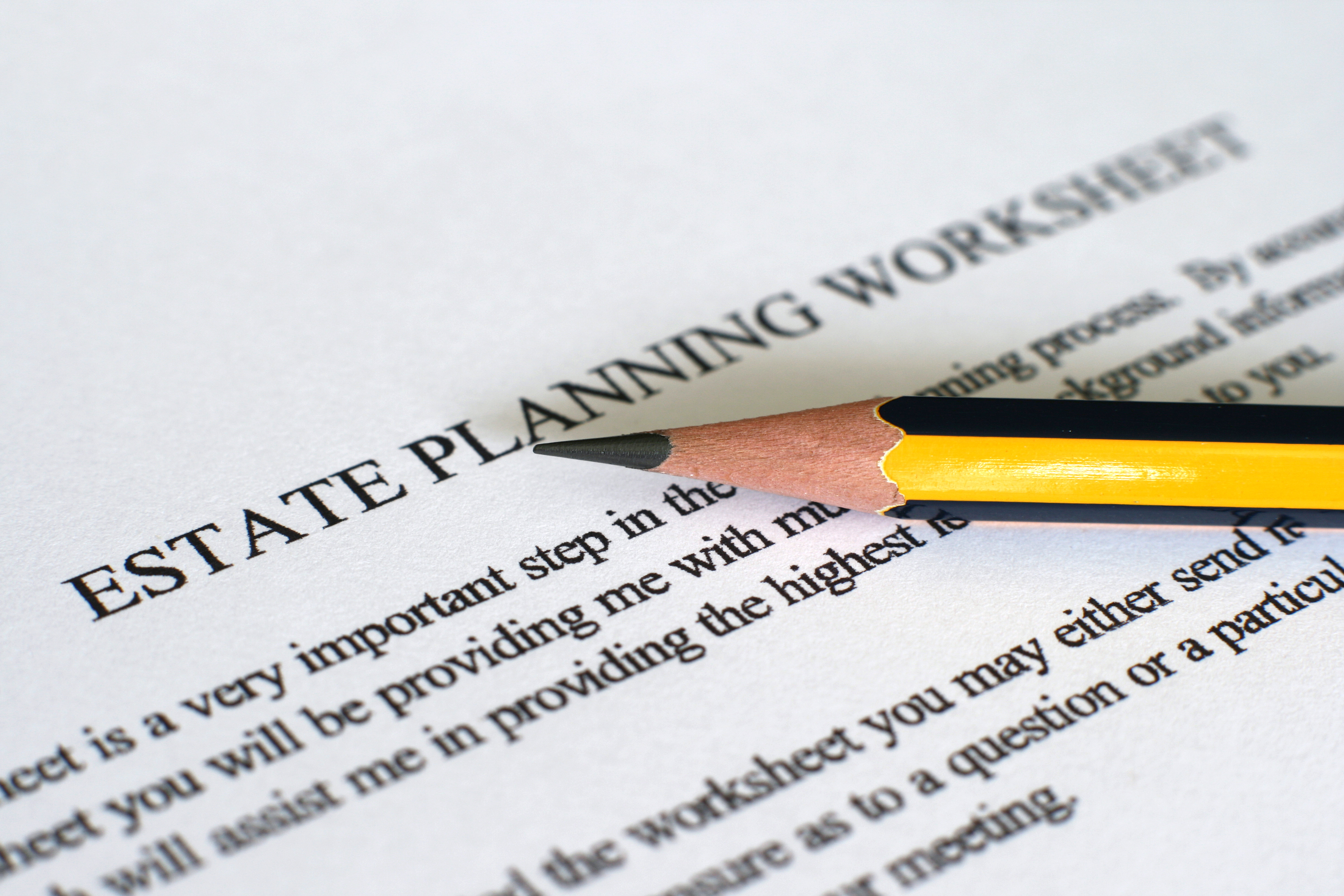
2416 Plainfield Avenue, South Plainfield, NJ 07080
908-753-6010

No matter how old you are, your current health condition, or your net worth, it is in your best interest and your family’s for you to do estate planning. Estate planning isn’t a one-time event: as your estate and family changes, you might need to make tweaks to your will, your living trusts, and the beneficiaries listed on your assets.
Planning your estate now will help your family avoid probate later. Even if your family does end up working through the probate process, having a will can make it much easier for your loved ones.
If you die without having a will in place, all of your assets that are subject to probate are divided according to New Jersey’s intestate succession laws. These assets can include:
How your assets are passed along under intestate succession depends on the makeup of your family. Your spouse does not automatically receive everything – whether you have children, whether your spouse has children from a previous relationship, and whether you have living parents are just a few of the possible combinations that can determine how your assets are divided. Even if you don’t have close family, the court will do everything it can to locate relatives of yours to allow them to collect your assets, even if these relatives are half-siblings or cousins of any degree. In very rare cases where no eligible relatives can be located, the deceased individual’s property is passes to the state government.
New Jersey’s intestate succession laws are complicated. However, estate planning doesn’t have be. Contact our firm today to set up your initial consultation with an experienced estate planning lawyer at our firm.